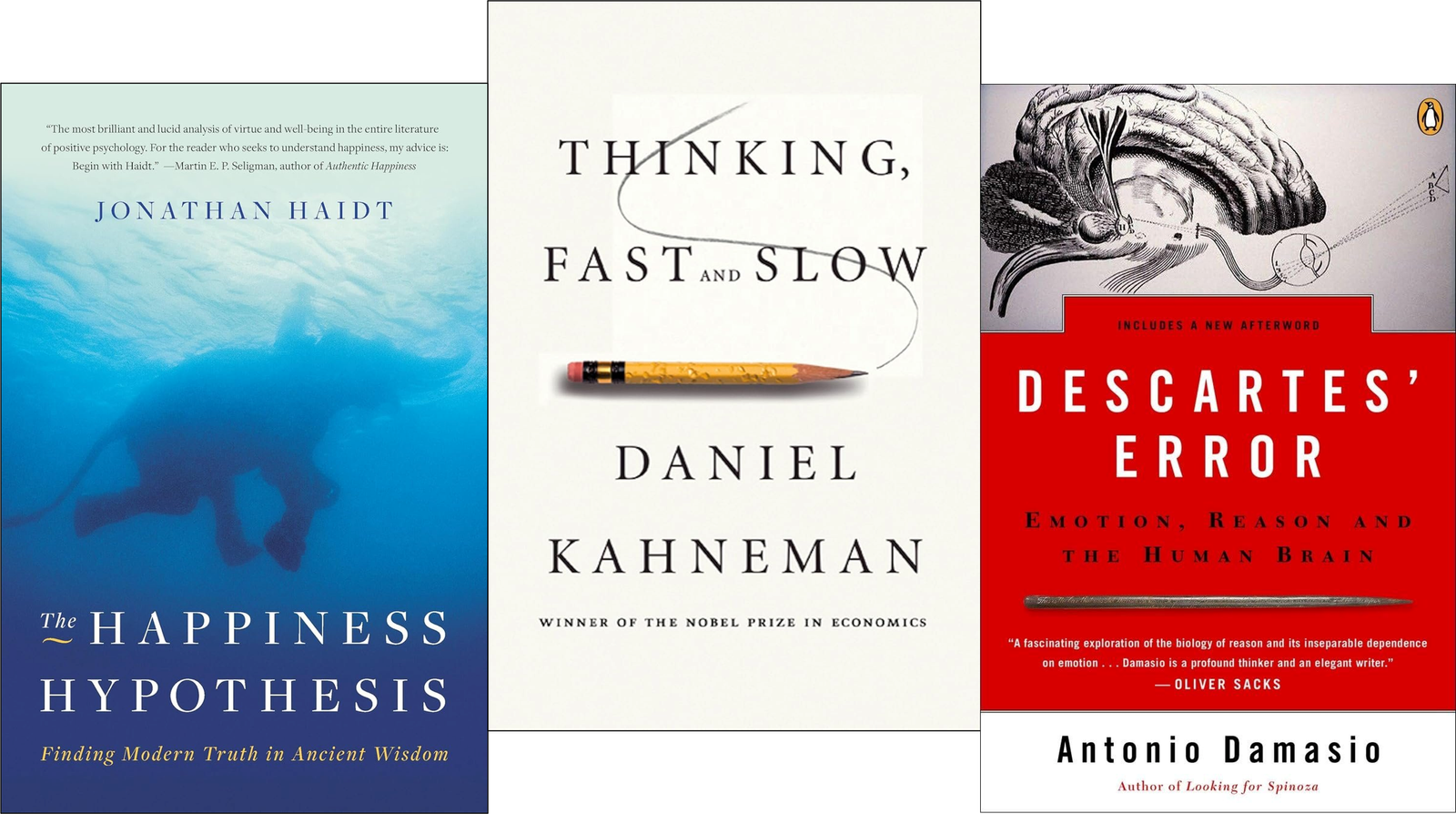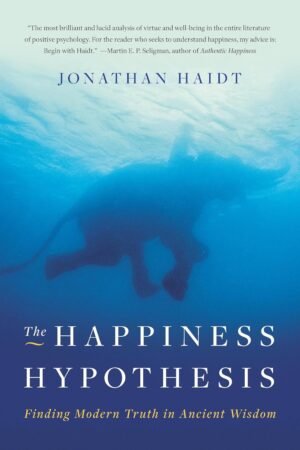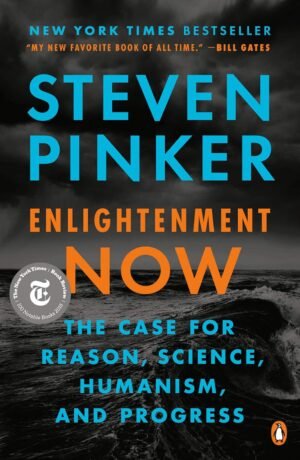Elephant Riding: A Collection
Robert Heinlen said: “Man is not a rational animal; he is a rationalizing animal.” It’s an idea supported by psychology, sociology, and neurology and something I call Elephant Riding. Jump down the rabbit hole and see how three popular books, Thinking, Fast and Slow by Nobel laureate Daniel Kahneman, The Happiness Hypothesis by renowned author Jonathan Haidt, and Descartes’ Error by neuroscientist Antonio Demasio, weave together the Elephant of emotion (our fast brain), the rider of reason (our slow brain), and how it’s all wired together.
It’s a core part of the science fiction novel Paradox: Book One of The Singularity Chronicles, where humans strive to create a super-intelligence and end up learning what it means to be human as chaos ensues. The main character, Kira, finds that the blend of emotion with logic is the essential missing component that creates true artificial general intelligence. As I summarize the events of Paradox at the beginning of Book 2: Integration:
The rational and logical outcome of the emotionless AIs had been apocalyptic. Reason uncoupled from emotion and emotion uncoupled from reason tore the world apart.
This is Elephant Riding and is based on the work of three three books:
- Jonathan Haidt’s book The Happiness Hypothesis articulates a better understanding of the balance of emotion and reason like an elephant and its rider. The rider represents the rational mind; it is analytical, strategizes, thinks long-term, and carefully plans. The elephant is our emotional mind; fast, responsive, passionate, reckless, and motivated. The elephant is huge, and the rider is tiny.
- Antonio Damasio, a neuroscience professor, wrote a book called Descartes’ Error that identifies pure reason as not only impractical but also doesn’t lead to better outcomes. Demasio tells the story of a patient whose problem wasn’t caused by a lack of reason but by the opposite. Brain surgery had damaged the brain’s connection between logic and emotion. He’d lost his elephant, and without that emotion, he lost his job and his wife and ended up penniless. Worse, he couldn’t even feel the relief of sadness about it.
- Thinking, Fast and Slow by Daniel Kahneman completes the trifecta by describing two systems: “System 1” is fast, instinctive, and emotional; “System 2” is slower, more deliberative, and more logical. System 1 is your Elephant, and System 2 is your Rider.
Grab these three books for the full context, but if you’re curious to read more on the topic now, check out these essays from the popular Substack Polymathic Being:
- Elephant Riding <- Start here for a super useful intro
- Avoiding Infobesity
- You Know Nothing!
- Eliminating Bias in AI/ML
- Stereotyping Properly
Price range: $0.00 through $12.89
Product Details
René Descartes was a French philosopher, mathematician, and scientist famous for saying: “I think, therefore I am.” He believed that the mind and the body were completely separate and that the mind could operate through conscious reasoning unaffected by emotion. Although those ideas have permeated Western Culture for a long time, Descartes was totally wrong. Check out these three books to learn why:
Key Takeaways:
- From The Happiness Hypothesis:
- Balance: The balance between work, relationships, and personal growth is essential for lasting happiness.
- New Problems have Old Answers: Ancient wisdom, such as the teachings of Buddha and Plato, can offer timeless insights into modern challenges.
- Understanding Happiness: Happiness is a combination of internal and external factors; understanding and managing both is crucial.
- From Descartes’ Error:
- The Somatic Marker Hypothesis: Emotions, far from being distractions, help guide our decision-making by marking important events with somatic (bodily) markers that lead us to make more rational choices.
- Mind-Body Connection: Damasio’s research underscores the deep connection between physical states and mental processes, challenging Descartes’ dualism that has dominated Western thought.
- The Role of Emotion in Decision-Making: People who lose their ability to experience emotions also lose their ability to make effective decisions, highlighting the critical role emotions play in rational thinking.
- From Thinking, Fast and Slow:
- System 1 vs. System 2: System 1 is fast and automatic, but often leads to snap judgments and errors, while System 2 requires more effort but leads to better, more reasoned decisions.
- Cognitive Biases: Heuristics, such as anchoring, availability, and loss aversion, influence how we process information and make decisions.
- The Planning Fallacy: Kahneman explains how humans consistently underestimate the time and resources needed to complete tasks, leading to unrealistic expectations.
Why It Matters: These books are essential for anyone looking to understand the complexities of human happiness and the factors that contribute to a fulfilling life. It aligns with Polymathic Disciplines’ mission to enhance personal and professional growth by integrating wisdom from multiple disciplines.
Check out these essays from the popular Substack Polymathic Being:
- Elephant Riding <- Start here for a super useful intro
- Avoiding Infobesity
- You Know Nothing!
- Eliminating Bias in AI/ML
- Stereotyping Properly






Reviews